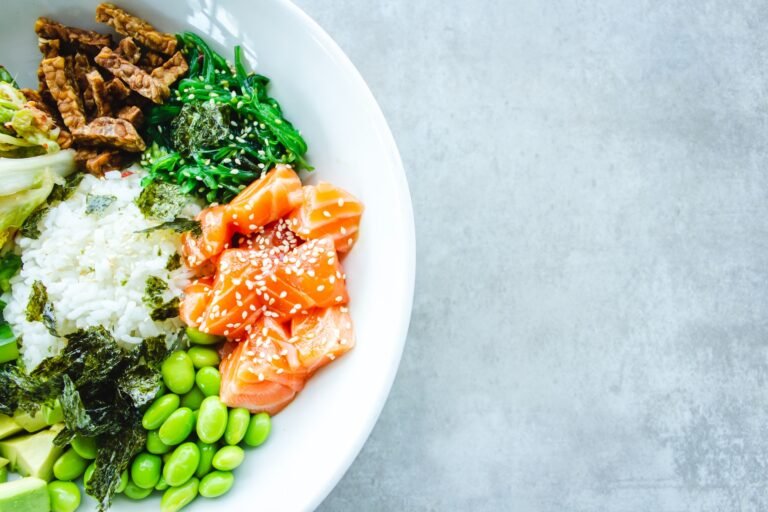The Sweet Delight of Buckwheat Honey: A Healthful Addition to Your Pantry
One natural sweetener, buckwheat honey, stands out from the crowd due to its exceptional flavor and plethora of health advantages. The unique flavor and possible health benefits of this dark, rich honey have been increasing its appeal. This essay will go into the world of buckwheat honey, discussing its history, nutritional make-up, possible health benefits, and practical applications.
The Origins of Buckwheat Honey
The nectar of buckwheat blossoms yields a distinct dark honey known as buckwheat honey. Buckwheat is a blooming plant, not a grain as is commonly believed. Buckwheat honey gets its color and flavor from the nectar’s composition and the enzymatic conversion process.
Nutritional Goodness in Every Drop
The honey made from buckwheat flowers is packed with beneficial minerals. Iron, zinc, potassium, and the B vitamins are only some of the minerals and vitamins that are abundant in this food. This all-natural sweetener can replace processed sugars since it contains complex carbs and gives you an instant burst of energy.
Antioxidant Powerhouse: Unveiling the Benefits
Buckwheat honey has a high antioxidant content, as seen by its dark color. Antioxidants are essential because they rid the body of potentially damaging free radicals, improving health and perhaps lowering the risk of chronic illnesses.
Aiding Digestive Wellness
Buckwheat honey’s enzyme content suggests it might aid digestion and improve nutritional absorption. One study found that taking one teaspoon of buckwheat honey 30 minutes before eating helped reduce bloating and gas.
Soothing Properties for Sore Throats
Honey made from buckwheat flowers has long been used to treat coughs and sore throats. Because of its inherent thickness, it forms a protective covering that helps prevent further inflammation. During the winter, you may make a soothing elixir by mixing it with hot water and lemon.
Potential Wound Healing Abilities
The natural antibacterial properties of buckwheat honey have been studied and may aid in wound healing. If used on small wounds, it might help stop infections and speed up the healing process.
Choosing the Finest Buckwheat Honey
To get the most nutritional value out of your buckwheat honey, go for raw, unfiltered kinds. Choose well-known manufacturers whose products are known for high quality and whose methods may be easily verified.
Incorporating Buckwheat Honey into Your Diet
It is a wonderful addition to any diet. Infuse your oatmeal, yogurt, or whole-grain toast with this delicious spread. It goes great with cheese plates and marinades because of its strong flavor.
Baking and Cooking with Buckwheat Honey
It is fantastic as a natural sweetener in your culinary experiments. Its rich taste makes baked items, sauces, and salads more interesting. Honey-glazed veggies and rich desserts are just two examples of where you might try it out.
Buckwheat Honey and Allergies: What You Need to Know
Buckwheat may help those who are allergic to pollen. More study is needed, however some people think that eating a little bit of local it every day will help them become less sensitive to pollen over time.
Buckwheat Honey vs. Other Varieties
It has a unique flavor that can be malty or earthy, making it stand out from other types of honey. Because of its bold flavor, it’s best enjoyed by individuals who are ready for a more strong honey experience.
Caring for Your Buckwheat Honey
It should be kept in a cool, dark area away from direct sunlight to maintain its purity and natural advantages. Honey can crystallize over time; if this happens to you, simply reheat it in a water bath until it’s liquid again.
Conclusion
You’re missing out on a world of flavor and possible health advantages by not include it in your diet. It’s a great addition to your pantry because of the variety of nutrients it contains and the antioxidant protection it provides. It is a valuable natural sweetener for many reasons, including its potential to improve your health and the quality of the food you prepare.
FAQs
Q: Is buckwheat honey safe for diabetics?
Because it has a lower glycemic index than regular honey, it is safer for diabetics to consume. People should keep an eye on their blood sugar levels and practice moderation.
Q: Can I give buckwheat honey to children?
It is perfectly safe for adults, however children under the age of one should not consume honey due to the danger of baby botulism.
Q: Does buckwheat honey taste like regular honey?
In contrast to more common forms of honey, it has a complex flavor that can range from strong and malty to earthy and somewhat bitter.
Q: Can buckwheat honey help with allergies?
Some individuals feel that since local buckwheat honey may have been exposed to pollen allergens, it may help ease pollen allergies over time. But there isn’t a lot of data to back it up scientifically.
Q: How can I use buckwheat honey in cooking?
Baked items, marinades, salad dressings, and other savory dishes benefit greatly from the addition of it, which has a powerful taste. Try it out in savory and sweet recipes alike for a novel dining adventure.







